Junior Tutors
Junior Tutors offer supervisions in the subjects listed below. Supervisions are informal, small group teaching activities in which topics already covered in formal lectures are re-addressed in College from a different perspective or simply expanded. Practical problems related to the topic - where relevant - are solved under the guidance of the Tutor and the topic is set and discussed in its broadest context both within and across subjects.
Directors of Studies
Directors of Studies are University Lecturers who act as Teaching Fellows of Collegio Volta and, in this role, guide College undergraduates. They meet their students during Freshers’ Week - the first week in October - when they introduce individual University Courses to new College undergraduates (freshers). Directors of Studies are also available to College undergraduates for one-to-one meetings and for advice on choice of topics and supervisors for final year projects and postgraduate Courses (MA or MSc) for further studies. Collegio Volta is specially proud of the fact that a number of Volta Director of Studies have or have had major roles in University life and government. Notable examples include: R Bottinelli (Deputy Chancellor for Research), S Govoni (Deputy Chancellor for Teaching), G Magenes (Head of Information Technology), C Cinquini (Member of the Financial Board), M Pampanin (formerly Deputy Chancellor for University Estates), G Guizzetti (formerly Deputy Chancellor for Local Development).
Summer Revision
Revision time has now arrived for Volta undergraduates and MSc students and with it, the hot summer that the city of Pavia typically enjoys. Collegio is fortunate in having a new wing (the North wing) in which approximately 80 students live and work and which offers air conditioning. The (largely undergriaduate) students living in the South wing, however, have limited access to cool areas but the College is working hard in order to ensure that its members can revise effectively.
J Needham Library. This largest College library has cooling installed and can accommodate up to 36 students
JD Bernal Library. The second College library does not have cooling installed. It can accommodate 24 students. The College aims to have a cooling unit installed during the current academic year (the provision of a cooling unit to the Bernal library is an issue of the highest priority).
Revision Rooms on Third Floor (T30 and T31). These two rooms have cooling and can accommodate 16 students.
Seminar rooms 2 and 3 (S198 and T81). These new rooms in the North wing have cooling installed and feature a large table that can accommodate 6 students in each room (12 students in total). They are available for use to all members of Volta including undergraduates living in the South wing but, unlike the J Needham and JD Bernal libraries and the Revision Rooms on the third floor (South wing), access is controlled. Rooms will be open between 8.30 am and 12.00 pm (Monday to Friday) and between 8.30 am and 10.30 pm (Saturday). Users of these new seminar rooms are also reminded that no food and drinks are allowed therein and that tables must be kept and left immaculately clean.
Colleges meet Industry
Collegio Cairoli is promoting a series of informal meetings between College students and successful entrepreneurs who have built successful business on science and technology. The first meeting will take place at Collegio Cairoli on June 4th at 6.00 pm and will involve a seminar and discussion with G Miglio of Mipharm.
The transition between traditional manufacturing economies and knowledge-based economies is critical in coutnries that lack vast natural resources and particularly acute in Italy. Universities have traditional roles in teaching and basic research but are increasingly requested to take on additional roles in near-market research and in the generation of wealth, especially at times in which the economy fails to grow and youth unemployement is strkingly high.
In the first meeting of the series G Miglio, a graduate in Pharmaceutical Sciences at Pavia (1959) will illustrate his personal roadmap to science-based entrepreneurship. G Milgio acted for a number of years, as a top manager with Sandoz and Novartis before he started and led Mipharm, a highly successful Italian biotech company that produces generic drug . The meeting is open to students from all University Colleges in Pavia as well to all other students and students of Volta are warmly invited to attend. Details of further meetings will be published when received.
Image: from S Gasser and J Scrist III. Life at the interface. Nat Rev Drug Discov 6:415 (2007).The article can be downloaded here.
ECG Interpretation
27th May 2015.
Carmelo Sgarlata, University of Pavia and Collegio A Volta.
The third seminar of the series Practical Medical Skills aimed primarily at College medical undergraduates will focus on the applications of ultrasounds in Medicine and will take place in the College Lecture Theatre at 6.30 pm on May 27th. The poster of the series can be downloaded here.
Electrocardiography consists in the recording of the electrical activity of the heart over a period of time using electrodes placed on the skin and translates the heart's electrical activity into line tracings on paper. EKG it's fundamental in the study of the electrical activity of the heart and a systematic approach to reading EKGs it's mandatory to use in the best way the great EKG's diagnostic possibility. In a standard EKG 12 lead ECG electrodes are placed on the patient's limbs and on the chest. The heart's electrical potential is then measured from twelve different angles called leads and is recorded.
Carmelo Sgarlata is a resident in geriatric medicine at the University of Pavia. His work is focused on the treatment and study of diseases of the elderly with particular regard to cardiovascular and neurodegenerative disease. He has also a great interest in the use of Ultrasound in Internal Medicine. He is the author of more than 50 scientific publications on national and international journals and speaker at various conferences of national importance.
ECG
College postgraduate medical student Carmelo Sgarlata will give the third seminar of his Practical Medical Skills series on the 27th of May in the College lecture theatre at 6.30 pm.The poster of the series can be downloaded here.
The seminar will tackle the applications of electrocardiography and, in line with the scope of this series, it will offer both a discussion of trhe basic principles and instrumentation as well as a hands on approach. All interested students, from College and outside, are welcome to attend, especially all medical students of three and six year Courses.
Carmelo Sgarlata studied Medicine at Volta as an undergraduate graduating in July 2012. He remained in residence afterward as a postgraduate medical student in Diseases of the Elderly. He was secretary of the Volta Medical Society throughout the academic year 2013/14.
Image: electrocardiogram (ECG) trace. Courtesy of Olimex.
The Origin, Complexity and Challenges of HIV
26th May 2015.
Simon Wain-Hobson, Istitut Pasteur
The third seminar of the series on Modern and Ancient Plagues (malaria, tuberculosis, HIV and Ebola) will be given by Simon Wain-Hobson at 6.00 pm in the College Lecture Theatre.The poster of the seminar can be downloaded here. All interested participanrts are welcome.
Since the first reports of an unusual form of immunedeficiency in young male homosexuals in1981, HIV and IDS have risen to the status of a major diseases, Te virus is endemic in lage areas in central Africa and Asia. It currenty infects over 30 million people and dkills 1.8 million every year. Simon Wain-Hobson will recollect the history of AIDS from the discovery of HIV to the the develeopnent of the first effective inhibitors and the current search for a vaccine.
References
[1] Molecular cloning of lymphadenopathy-associated virus. Alizon M, Sonigo P, Barré-Sinoussi F, Chermann JC, Tiollais P, Montagnier L, Wain-Hobson S. Nature 312:757-60 (1984)
Simon Wain Hbson comes from a family of artists and went into science in part to do something different! He obtained his DPhil in biophysics from the University of Oxford. During a post-doc at the Weizmann Institute in Israel he met his French wife and moved to Paris where he switched to human virology, working notably on the AIDS virus HIV, from the earliest hour. Being the first to publish its genetic map his group went on to show that it evolved from a chimpanzee virus. He and his colleagues highlighted with exquisite precision the phenomenal genetic variation and rapid evolution of HIV. After more than 25 years work with the AIDS virus his group found a remarkable connection that allowed them to move into cancer research - cancer genomes harbour tens of thousands of mutations, a number of which are due to a DNA mutator enzyme, APOBEC3A, a human mutagen on a par with ultraviolet light and cigarette smoke. Simon Wain-Hobson is Professor at the Institut Pasteur and has published more than 200 papers. He is a member of the European Molecular Biology Organization, Academia Europaea, he is Director of the French papillomavirus reference laboratory. He won the André Lwoff prize in 1996 and Athena prize from the French Academy of Sciences in 2007 and is Officier de la Légion d’Honneur. He is presently Board Chair of the Foundation for Vaccine Research in Washington DC. He collects 18C English drinking glasses and publishes on the subject.
Image: Budding HIV particles from an infected cell (University of Hartford, USA).
HIV/AIDS
Simon Wain-Hobson of the Institut Pasteur in Paris will deliver a College seminar on May 26th at 6.00 pm addressing the progress and the remaining challenges in understanding and controlling HIV/AIDS, a 'modern plague' that has had a major impact on the health and society, especially in the developing world. The seminar is the third of a series of four devoted to Modern and Ancient Plagues (malaria, tuberculosis, HIV and Ebola).The poster of the seminar can be downloaded here.
After the seminar Simon Wain-Hobson will chair an open discussion about the risks associated with (re)creating dangerous virus in the laboratory. All interested participanrts are welcome to join both the seminar and the open discussion.
Simon Wain-Hobson is Professor at the Institut Pasteur and is one of pioneers of HIV/AIDS research. After a DPhil in biophysics from the University of Oxford and post-doc at the Weizmann Institute in Israel he switched to human virology, working notably on the AIDS virus HIV, from the earliest hour. Simon Wain-Hobson and his colleagues were the first to publish its genetic map of HIV and demonstrate that the virus originated from a chimpanzee virus. They further highlighted the genetic variation and rapid evolution of HIV. After more than 25 years work with the AIDS virus Simon Wain-Hobson discovered that humans encode a DNA mutator enzyme, APOBEC3A, which can mutate chromosomal DNA. It is now accepted that this enzyme is a human mutagen on a par with ultraviolet light and cigarette smoke. He is Professor at the Institut Pasteur and has published more than 200 papers. A member of the European Molecular Biology Organization, Academia Europaea, he is Director of the French papillomavirus reference laboratory. He won the André Lwoff prize in 1996 and Athena prize from the French Academy of Sciences in 2007 and is Officier de la Légion d’Honneur. He is presently Board Chair of the Foundation for Vaccine Research in Washington DC.
Image: Electron micrograph of an HIV particle (false colours).
The Ebola Emergency
19th May 2015.
Tini Garske, Imperial College London
The second seminar of the series on Modern and Ancient Plagues (malaria, tuberculosis, HIV and Ebola) will be given by Tini Garske at 6.15 pm in the College Lecture Theatre.The poster of the seminar can be downloaded here. All interested participanrts are welcome.
The outbreak of Ebola in 2014 has constituted a major health emergency in Africa and has raised concern of an epidemic of considerable scale. The seminar will address the scientific knowledge available, discuss the prospects and progress with vaccination and the lessons that can be learned from the 2014 outbreak in order to contain and control future outbreaks more effectively and prevent a large scale medical emergency. Together with HIV, Ebola represents a disease that has the potential to turn into a modern plague unless adequate scientifc progress is rapidly achieved and unless international institutions are capable of producing an adequate response to future outbreaks.
References
[1] Ebola Virus Disease in West Africa — The First 9 Months of the Epidemic and Forward Projections. WHO Ebola Response Team. New Engl J Med. 371:1481-95 (2014)
[2] The 2014 Ebola virus disease outbreak in West Africa. Gatherer D.J gen Virol 95:1619–24 (2014)
[3] A race for an Ebola vaccine: promises and obstacles. Cooper CL and Bavari S. Trends Microbiol 23:65-6 (2015)
Tini Garske is at the MRC Centre for Outbreak Analysis and Modelling of Infectious Disease Epidemiology at Imperial College London, will deliver a seminar addressing the causes of the most recent outbreak of the Ebola virus in West Africa. Her research focuses on how climatic and environmental factors influence the dynamics of transmission of infectious diseases. She has studied malaria, influenza and more recently, yellow fever and Ebola. She co-authored the recent WHO paper that detailed the Ebola virus outbreak, and is a member of the WHO Ebola response team.
Image source: Public Health Image Library (PHIL) of the Centers for Disease Control and Prevention (CDC).
Ebola
Tini Garske of the MRC Centre for Outbreak Analysis and Modelling of Infectious Disease Epidemiology at Imperial College London, will deliver a College seminar on May 19th at 6.15 pm addressing the causes of the most recent outbreak of the Ebola virus in West Africa, the response to the outbreak and the lessons that should be learned from the Ebola crisis in order to avoid outbreaks of this magnitude in future.
Tini Garske researches how climatic and environmental factors influence the dynamics of transmission of infectious diseases. Her research mainly focuses on malaria, influenza and more recently, yellow fever and Ebola. She co-authored the recent WHO paper that detailed the Ebola virus outbreak, and is a member of the WHO Ebola response team.
This seminar is the second of a series of four devoted to Modern and Ancient Plagues (malaria, tuberculosis, HIV and Ebola).The poster of the seminar can be downloaded here. All interested participanrts are welcome.
More...
Cancer Progress
Collegio Ghislieri and the University of Pavia have promoted a lecture series on recent progress on our understanding of cancer and the new prospects for therapy that such progress enables. Topics will include molecular analysis of selected cancer, metastasis, new strategis for harnessing the immune system in the fight against cancer and haematopoiesis. The poster of the lecture series can be downloaded here. All College students, notably students in Biological and Pharmaceutical Sciences and Medicine are strongly encouraged to attend.
The Origin and Future of Tuberculosis
4th May 2015.
Sebastien Gagneux, Swiss Tropical and Public Health Institute, Basel
The first seminar of the series on Modern and Ancient Plagues will take place in the College Lecture Theatre at 6.00 pm on May 4th. The poster of the seminar can be downloaded here. All interested participants are welcome. Subsequent seminars will address malaria, Ebola and HIV.
Sebastien Gagneux and his colleagues have been using large-scale genome sequencing and molecular epidemiology to study the global diversity and evolutionary history of Mycobacterium tuberculosis, the causative agent of human tuberculosis. The results of these studies suggest that Mycobacterium tuberculosis has been co-evolving with its human host for millennia. More recently, antibiotic resistance has become a global public health emergency. Combining experimental evolution and various -omics approaches, the Gagneux laboratory is studying the ecological and evolutionary determinants that drive the spread of highly drug-resistant strains of Mycobacterium tuberculosis in clinical settings.
Reference
Comas I, Coscolla M, Luo T, Borrell S, Holt KE, Kato-Maeda M, Parkhill J, Malla B, Berg S, Thwaites G, Yeboah-Manu D, Bothamley G, Mei J, Wei L, Bentley S, Harris SR, Niemann S, Diel R, Aseffa A, Gao Q, Young D, Gagneux S.
Out-of-Africa migration and Neolithic coexpansion of Mycobacterium tuberculosis with modern humans.
Nat Genet 45:1176-82 (2013) doi: 10.1038/ng.2744
Sébastien Gagneux is assistant professor and head of the Tuberculosis Research Unit at the Swiss Tropical and Public Health Institute (Swiss TPH)/University of Basel. After receiving his PhD from the University of Basel in 2001, he worked as a postdoctoral fellow at Stanford University and at the Institute for Systems Biology in Seattle. He then spent three years as a Program Leader at the MRC National Institute for Medical Research in London, UK before joining Swiss TPH in 2010. His research focuses on the evolution and ecology of Mycobacterium tuberculosis, and combines population genomics, molecular epidemiology and experimental approaches to determine the effect of bacterial variation on the host-pathogen interaction and the spread of drug resistant tuberculosis.
Tuberculosis
Sebastien Gagneux, of the Swiss Tropical and Public Health Institute in Basel, will give a College seminar in the College lecture theatre at 6.00 pm on Monday the 4th of May on the Origin and Future of Human Tuberculosis. The poster of the seminar can be downloaded here and all interested participanrts are welcome.
This seminar is the first of a series of four devoted to Modern and Ancient Plagues (malaria, tuberculosis, HIV and Ebola).
Tuberculosis is one of the infectious diseases that have shaped the destiny of our species and recent sequence data from the Gagneux and several other laboratories have have shed light on the co-evolution of the pathogen and its host. The same studies offer a basis for countering the emergence of drug-resistant strains of M tuberculosis and their impact on current and future disease pattern and distribution.
Intercollegiate Treasure Hunt
‘A victory sweaty but deserved’ in the words of Delaram Farzin, College yr 2 undergraduate in Pharmaceutical Sciences, member of the Volta Students’ Union (VSU) executive and one of the organisers of the College team together with Beatrice Lena, MSc student in Physics and a number of other Volta undergraduates and graduates . Delaram’s words sealed the victory of Collegio A Volta in the 2014/15 edition of the Intercollegiate Treasure Hunt, an event that attracts interest and passion among students of all University Colleges in Pavia and constitutes a celebration of Collegiate life and spirit.
The College warmly congratulates its students for this new achievement that puts, once more, Collegio A Volta on the map and in the news.
Image: The team of Volta students who won the 2014/15 edition of the Intercollegiate Treasure Hunt.
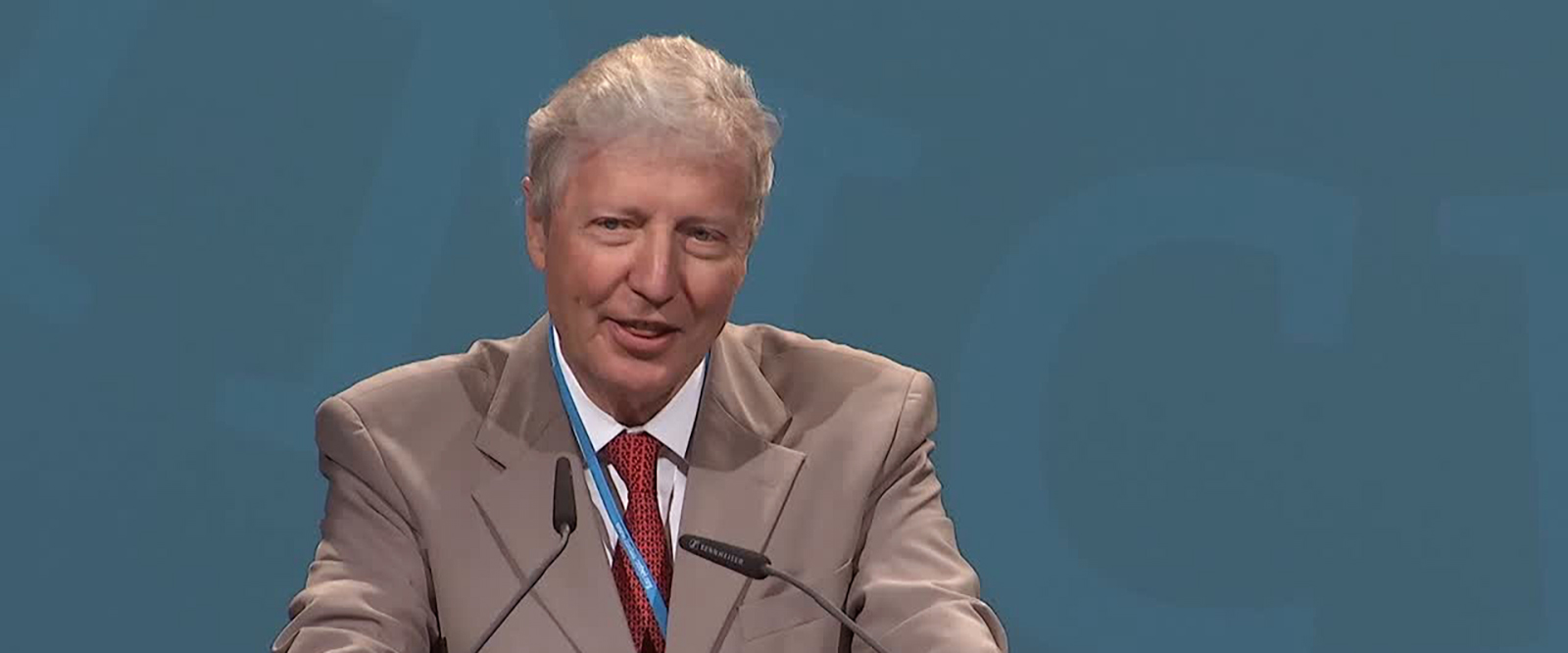
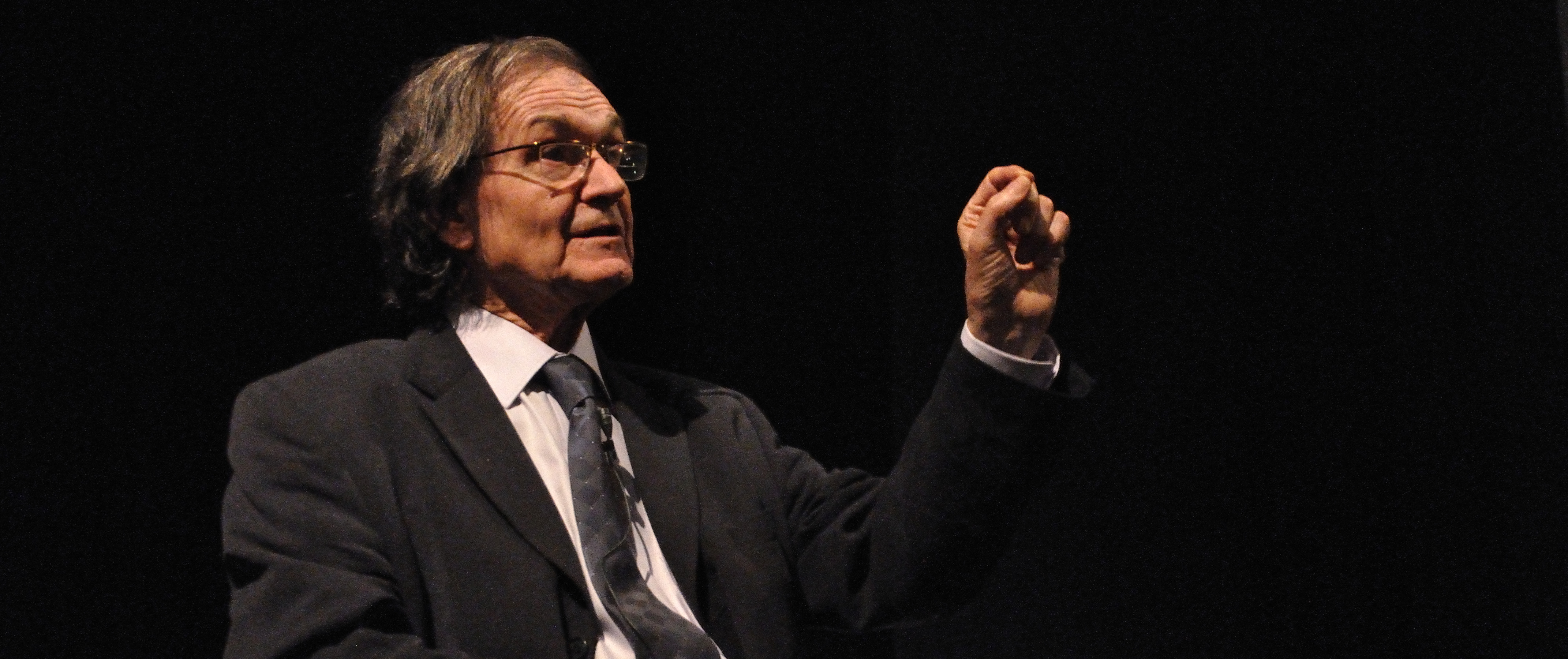
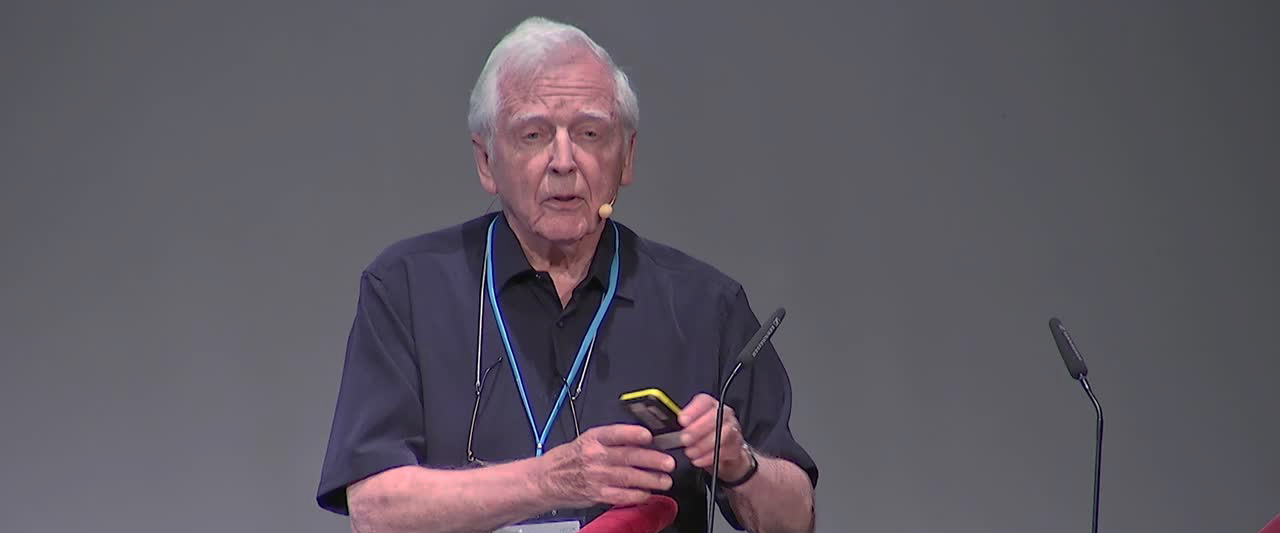
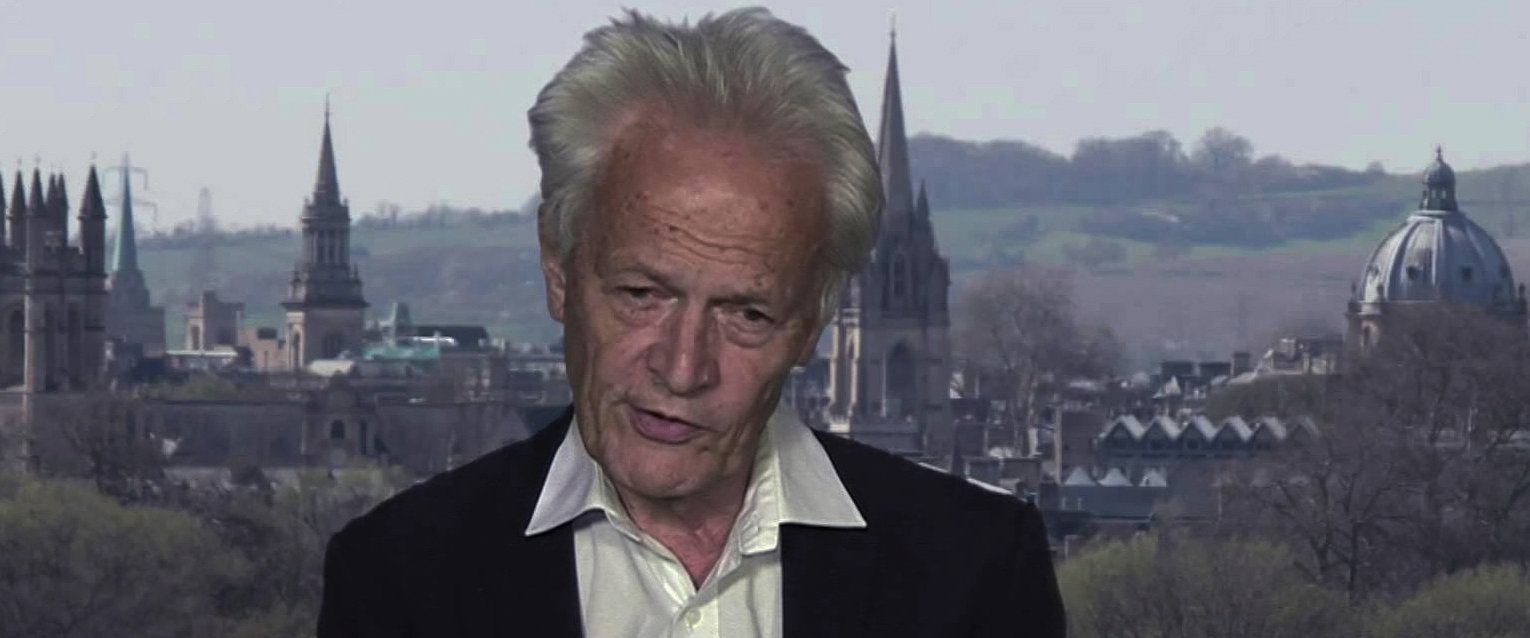
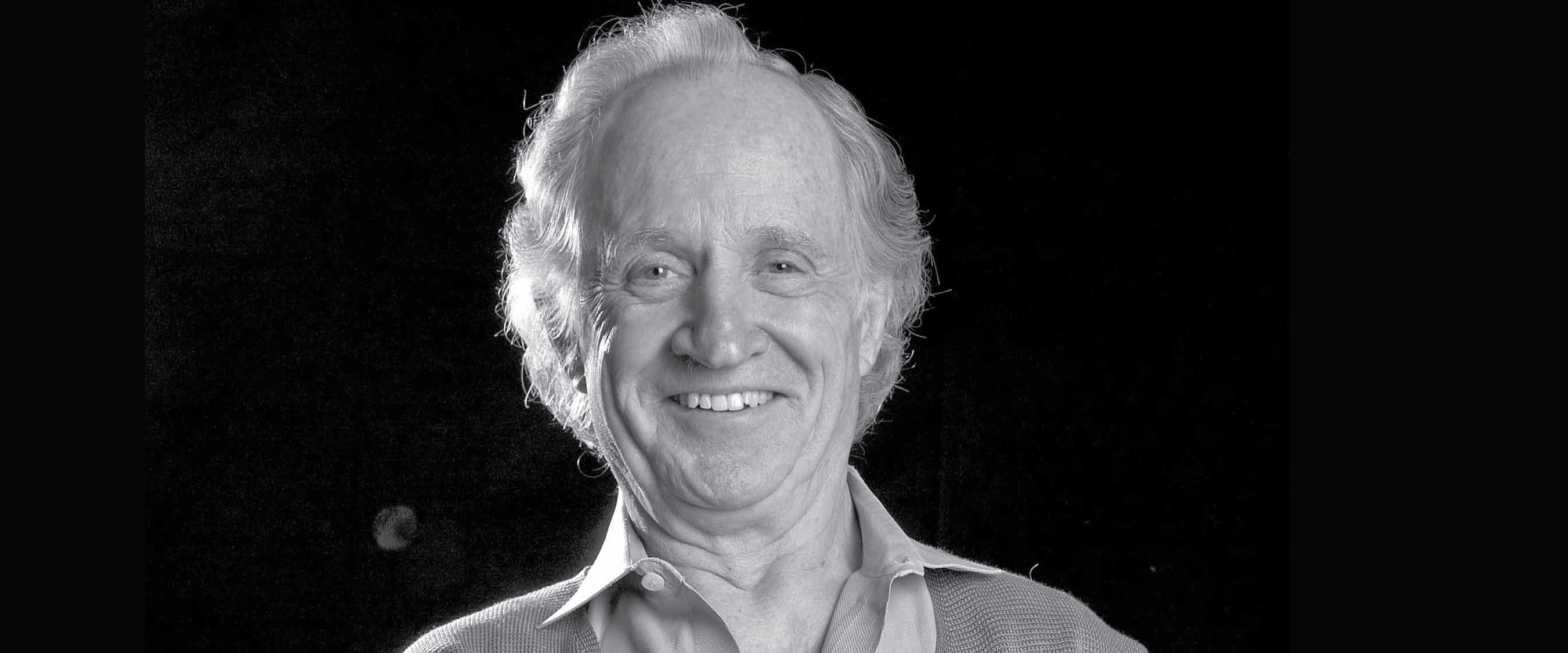
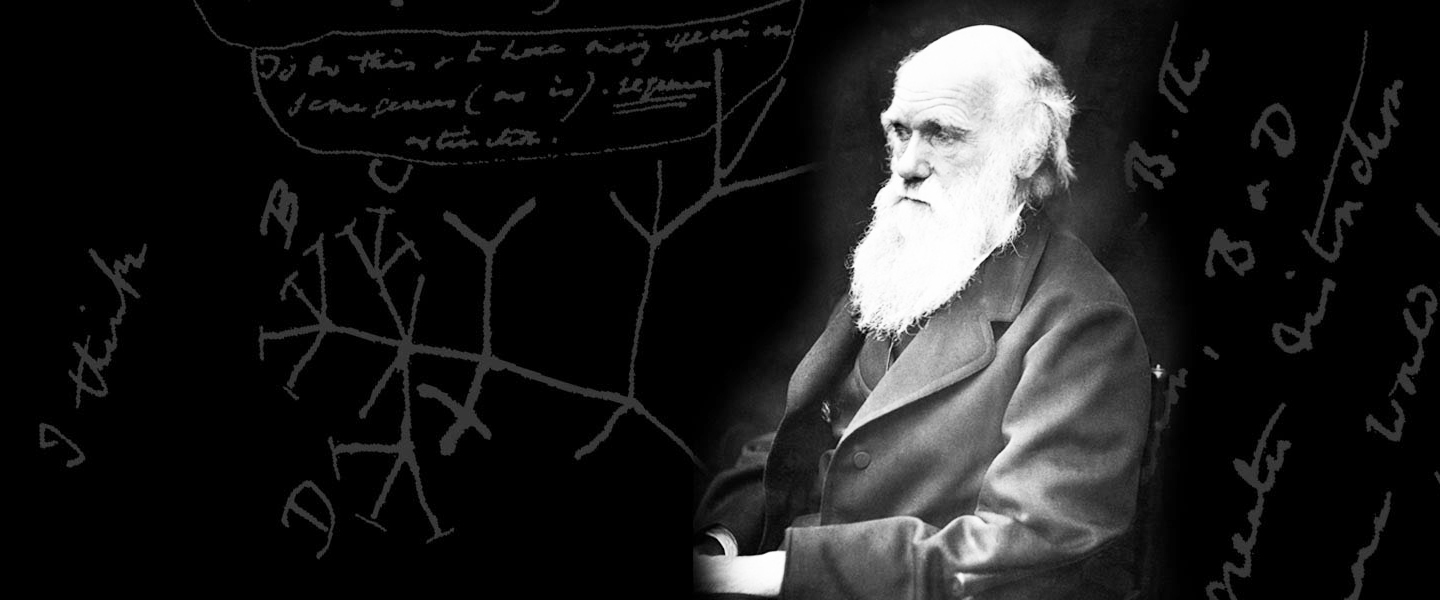



















 Articles
Articles